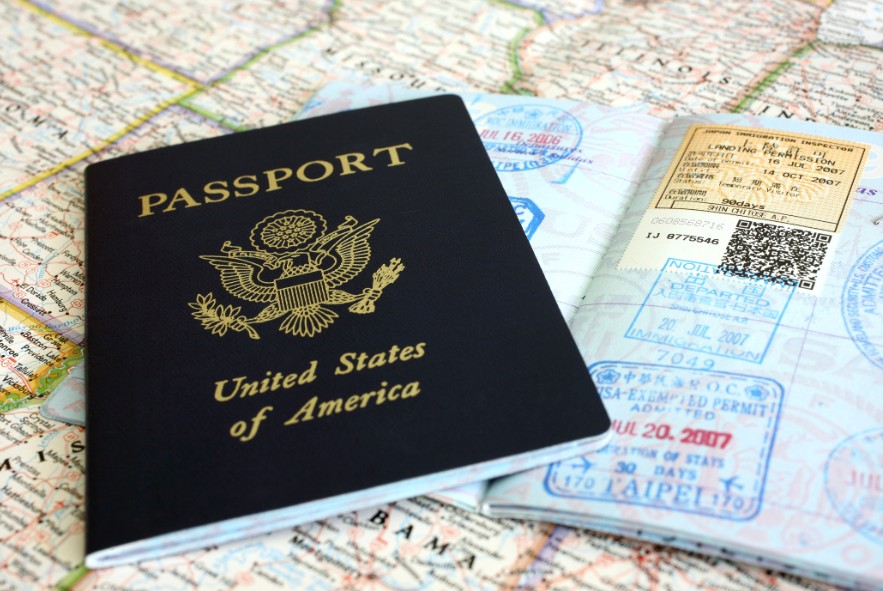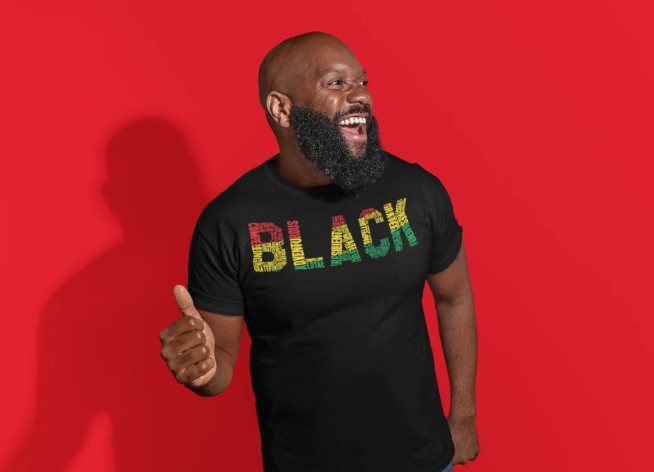Introduction
Discrimination based on clothing is a pervasive issue that has deep roots in society. People from various backgrounds have faced prejudice and mistreatment simply because of what they choose to wear. This discrimination is especially prevalent when it comes to African clothing, which holds cultural significance and pride for many individuals. In this essay, we will delve into the reasons why it is illegal to discriminate against people wearing African clothing, examining the underlying prejudices, cultural significance, and legal protections associated with this issue.
Historical Context and Cultural Significance
African clothing is a powerful symbol of cultural heritage and identity. From the colorful kente cloth of Ghana to the intricate beadwork of South Africa, African clothing represents centuries of tradition and craftsmanship. For many individuals, wearing African clothing is a way to connect with their roots, celebrate their heritage, and express pride in their identity.
The discrimination faced by individuals wearing African clothing is deeply rooted in historical biases and stereotypes. Throughout history, African Americans and people of African descent have been marginalized and discriminated against based on their appearance, including their choice of clothing. Stereotypes associating African clothing and Pro-black shirts with poverty, backwardness, or criminality have perpetuated harmful attitudes and discriminatory behavior towards individuals wearing traditional African attire.
Legal Protections Against Discrimination
In many countries, laws have been put in place to protect individuals from discrimination based on their race, ethnicity, or cultural identity. These laws are meant to ensure that all individuals are treated fairly and have equal access to opportunities, regardless of their background. Discriminating against someone because they are wearing African clothing can be considered a form of racial or cultural discrimination, which is illegal and unethical.
The Civil Rights Act of 1964 in the United States, for example, prohibits discrimination based on race, color, religion, sex, or national origin in various settings, including employment, education, and housing. This means that individuals have the right to wear African clothing without facing discrimination or harassment in these areas. Similar laws exist in other countries to protect individuals from discrimination based on their cultural background or heritage.
Case Studies and Real-Life Examples
Instances of discrimination against individuals wearing African clothing are unfortunately not uncommon. In 2018, a high school student in the United States was suspended for wearing a Haiti hoodie, a type of African-inspired hoodie featuring traditional Haitian patterns and designs. The school claimed that the hoodie violated their dress code, but many saw this as a clear case of discrimination against the student’s cultural identity.
Similarly, African American hoodies have often been stigmatized and associated with criminality or delinquency, leading to racial profiling and discriminatory treatment of individuals wearing them. In 2012, the shooting of Trayvon Martin, a black teenager wearing a hoodie, sparked national outrage and brought attention to the harmful stereotypes and biases faced by African Americans based on their clothing choices.
The Pan-African hat , a symbol of unity and solidarity among people of African descent, has also been the target of discrimination and prejudice in some contexts. Individuals wearing the hat have reported being singled out, mocked, or harassed because of its cultural significance, highlighting the need to combat stereotypes and promote acceptance of diverse cultural expressions.
Conclusion
In conclusion, discrimination against individuals wearing African clothing is a violation of their fundamental rights and freedoms. Cultural identity is an essential part of who we are, and everyone should have the right to express themselves through their clothing without fear of discrimination or mistreatment. By recognizing the cultural significance of African clothing, challenging stereotypes, and upholding legal protections against discrimination, we can create a more inclusive and equitable society for all.
Remember, tolerance and respect for diversity are essential values that should guide our interactions with others, regardless of their background or appearance. Let us strive to create a world where everyone can celebrate their heritage and cultural identity without facing discrimination or prejudice.
If you need further assistance or more information on this topic, feel free to ask!






More Stories
How Law Firm Marketing in St. Tammany Parish Can Change Your Practice
Marketing for Personal Injury Attorneys: From Search to Signed Cases
How to Claim an Inheritance in Colombia if You Live in the U.S.